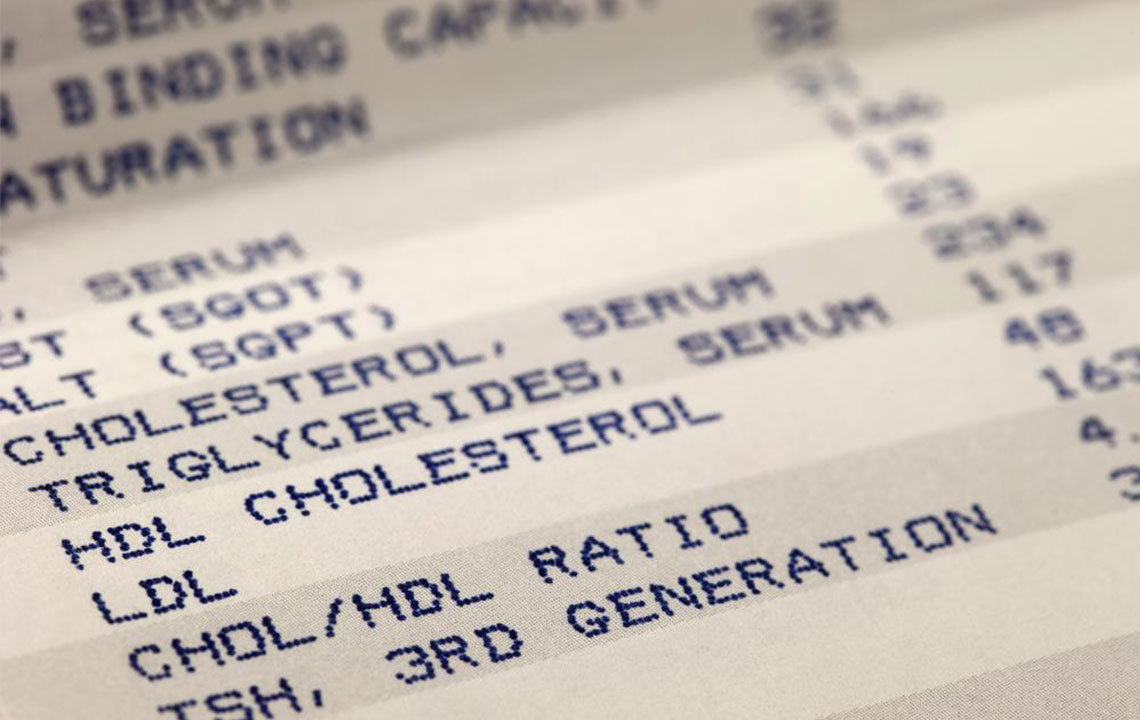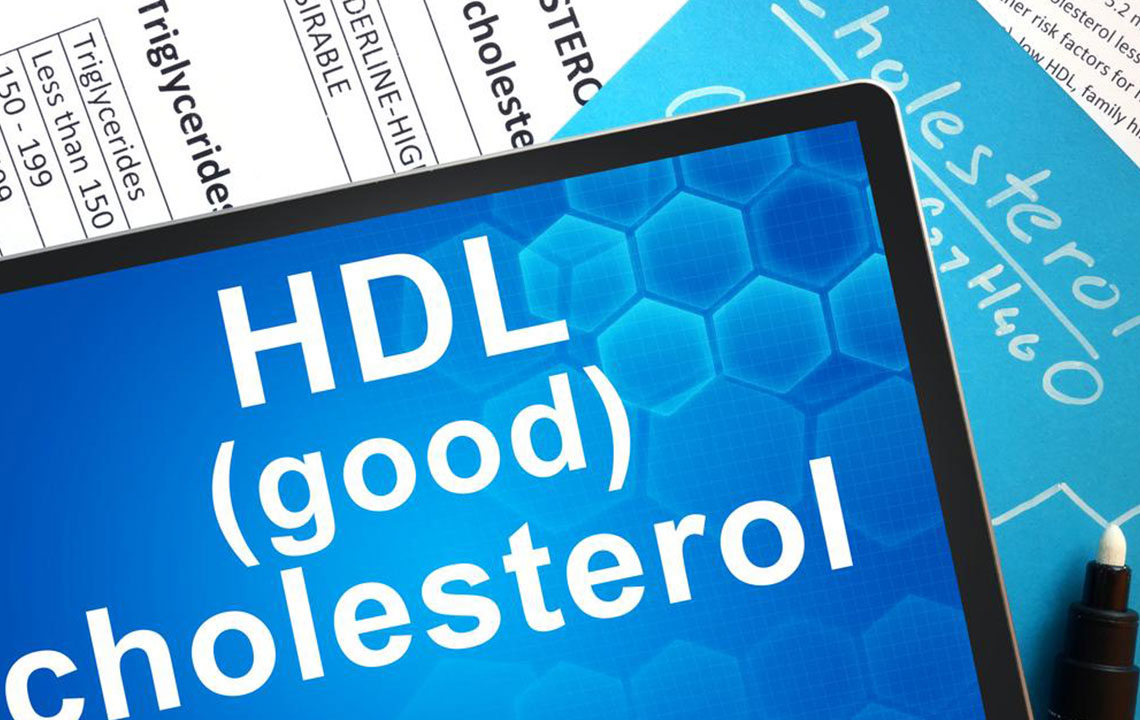Essential Insights for Monitoring Your Cholesterol Levels
Learn the importance of regular cholesterol checks, understanding cholesterol types, and adopting lifestyle changes to maintain heart health. This guide emphasizes routine testing, dietary control, and physical activity to manage cholesterol levels effectively and prevent cardiovascular risks. Discover how to interpret cholesterol test results and make proactive health decisions for a healthier life.

Essential Insights for Monitoring Your Cholesterol Levels
Cholesterol often gets misunderstood in health discussions. It's commonly linked to heart problems and strokes, but managing it is more straightforward than it seems. Keeping cholesterol levels in check primarily involves maintaining a balanced diet and an active lifestyle. While high cholesterol can pose health risks, it’s not an immediate cause for panic. Regular check-ups and awareness of your cholesterol profile can help prevent serious health issues and promote overall wellness.
Effective cholesterol management is a lifelong commitment, not just a response to symptoms or high readings. Some individuals are at greater risk, making vigilant lifestyle choices vital. Understanding what cholesterol is and what influences its levels helps in adopting a cholesterol-friendly routine.
What exactly is cholesterol?In simple terms, cholesterol is a fat present in all humans, forming part of cell membranes, hormones, bile acids, and lipoproteins. It exists in two forms: one produced internally (mainly by the liver) and another obtained through diet. Excessive cholesterol can clog arteries, raising the risk of heart attacks. While body-produced cholesterol is less controllable, dietary intake can be managed to maintain healthy levels, making regular checks essential.
How to evaluate your cholesterol status?People over 20 should ideally have their cholesterol tested every five years, especially if there’s a family history of heart disease or high cholesterol, or if they smoke. The blood test called the lipoprotein panel assesses total cholesterol, LDL (bad cholesterol), HDL (good cholesterol), and triglycerides. These results guide healthcare providers in tailoring prevention and treatment strategies.
Factors influencing cholesterol levels Cholesterol intake through diet is a key factor, especially saturated fats. Obesity also contributes by increasing cholesterol levels, so maintaining a healthy weight is beneficial. Additionally, a sedentary lifestyle hinders fat burning, leading to higher cholesterol. Regular physical activity and a balanced diet are effective measures to keep cholesterol within safe limits.
In summary, while some cholesterol is necessary for bodily functions, excess amounts can be harmful. Routine testing, especially for those at higher risk, empowers you to make informed choices to protect your heart and overall health.










